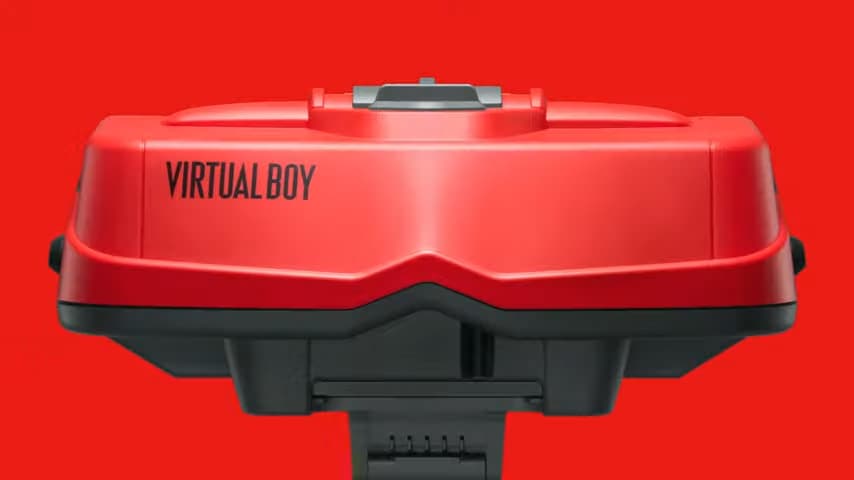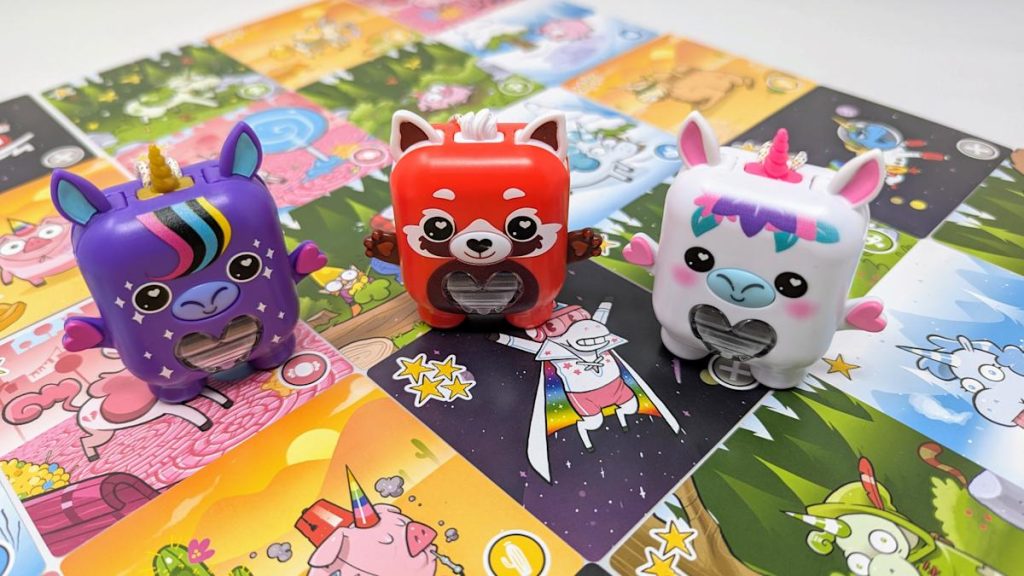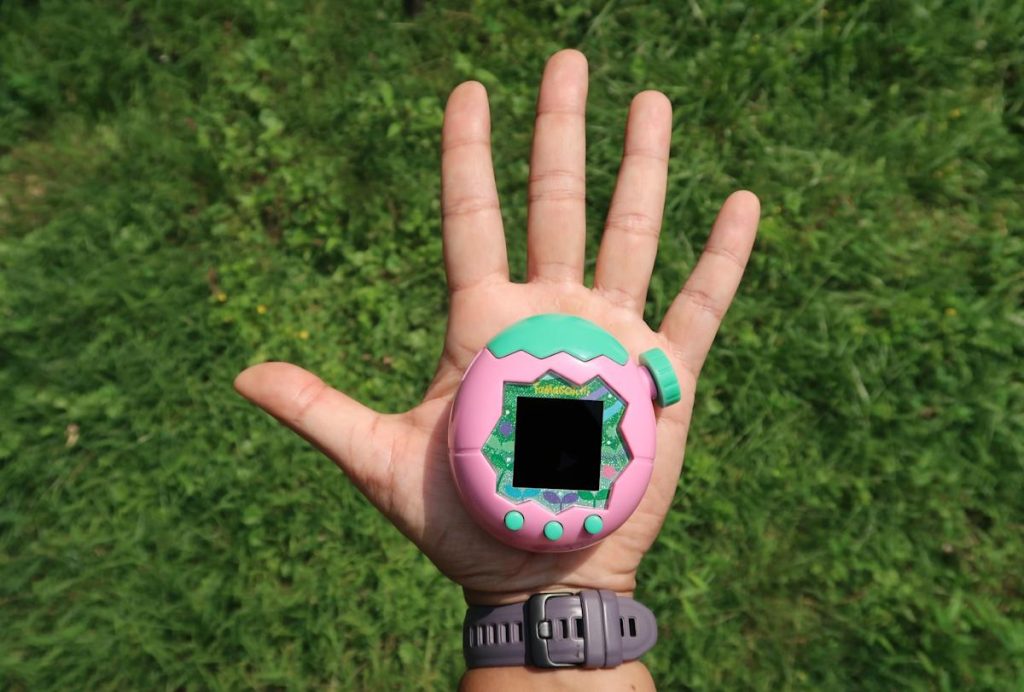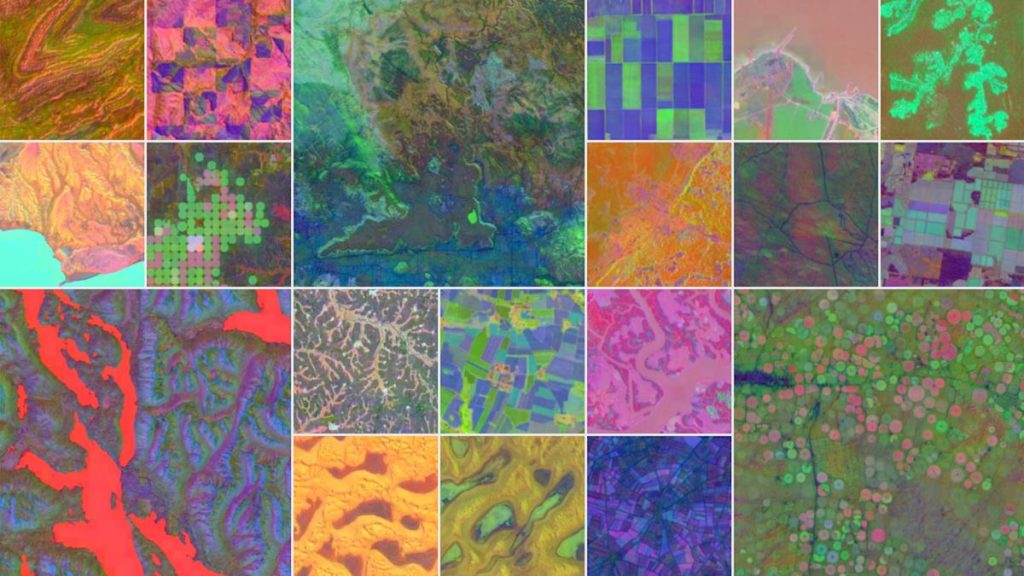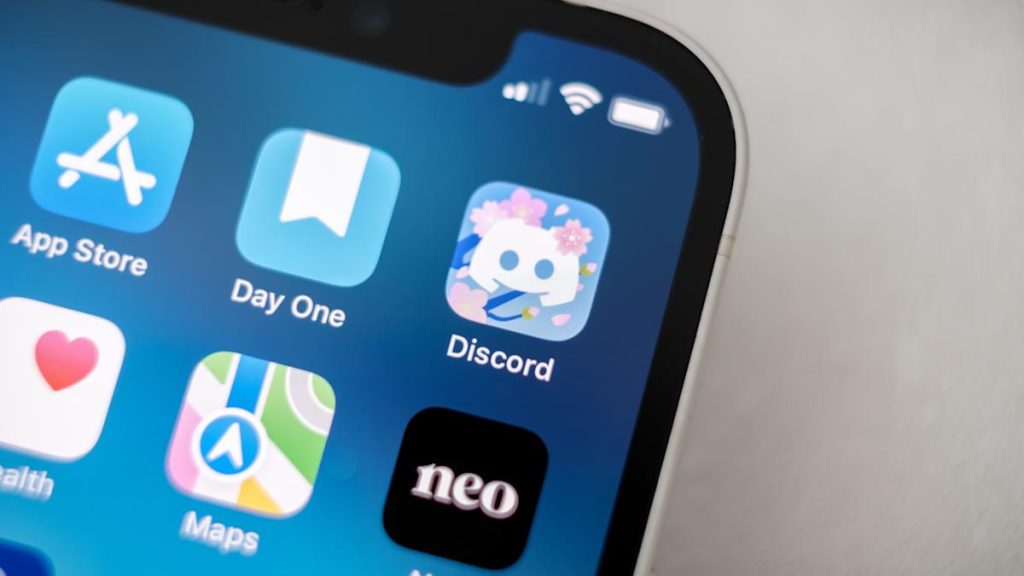Tamagotchi Paradise trades stressful virtual pet parenting for nature and tranquility
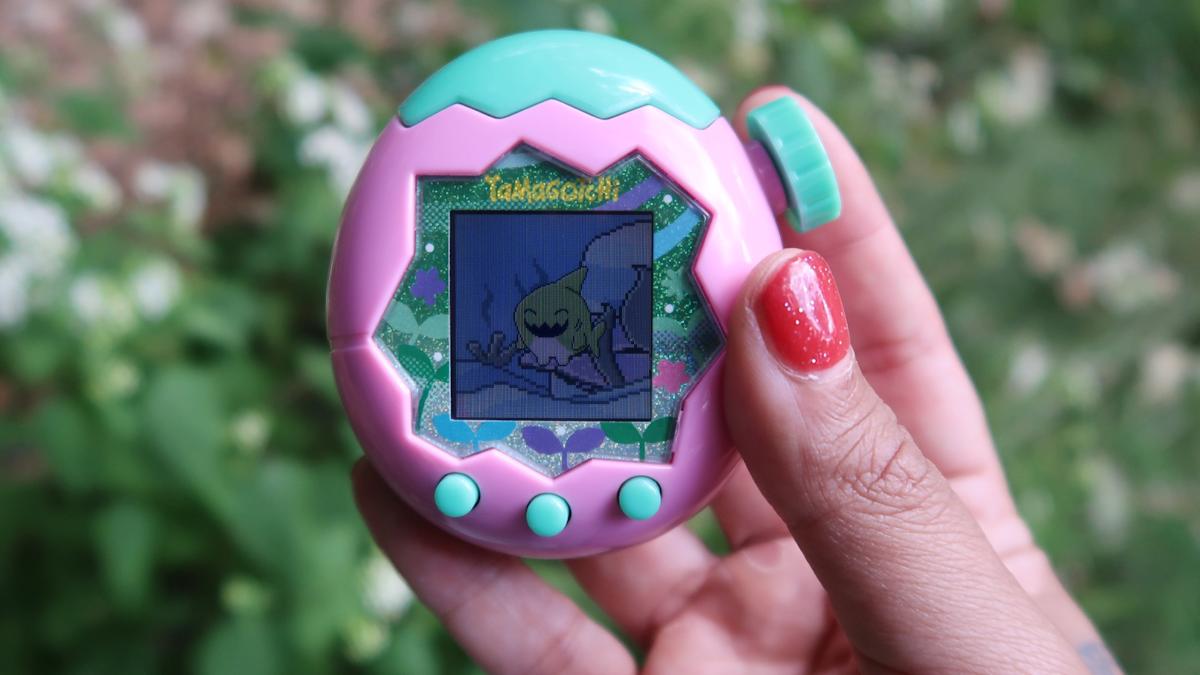
On a random Saturday in August, I became the omnipotent caretaker of a newly formed planet, one born, according to the lore, from humankind’s collective love of Tamagotchis past and present. An egg hatched and a planet sprang forth. Then another egg hatched down on the surface of that planet and a critter sprang forth. In the few weeks since, I’ve raised half a dozen more creatures across three different virtual habitats, slowly but surely turning my planet into a bustling hub of adorable alien life.
Whereas previous Tamagotchi devices felt like they bestowed a personal challenge on players to keep individual characters alive and in their care as long as possible, Tamagotchi Paradise places more of an emphasis on populating, rewarding you for nurturing a revolving door of new characters that you will ultimately release to the peaceful wild. In a sense, Tamagotchi Paradise completely reimagines the classic toy not as a pet-keeping experience, but something more akin to wildlife conservation. It’s really cool.
Tamagotchi Paradise also introduces a new egg design, with a dial sticking out that has a stopwatch-like button. It’s another hefty device and brings back AAA batteries instead of charging via USB-C. The top of the plastic shell flips open to reveal a docking port (a throwback to design from the ’90s), where you can physically connect another Tamagotchi Paradise. And the updates don’t stop there, since the whole UI has been overhauled. It is a lot of change all at once, and some parts work better than others. I expect this to be a polarizing one among Tamagotchi fans, and a cursory glance at some of the online discussions would suggest that’s already the case — but consider me team Paradise. I am super into it.
Tamagotchi Paradise feels like a wholly fresh experience for the classic virtual pet, with new characters, fun games and a reimagined approach to caretaking.
- Gene-mixing is back
- Plenty of built-in games
- Care factors are visualized
- Multiple environments to raise different Tama types
- Gene-mixing is barebones
- You can only care for one Tama at a time
- Limited Tama customization
- Lab Tama kiosks aren’t widely available
The dial
The dial is one of the biggest new features of Tamagotchi Paradise. Its main purpose is to let you zoom into the planet to see all the goings-on there, but it can also be used to scroll through menu options and has a role in some of the games. While it was very exciting to play with for the first few days, the novelty has largely worn off in the month since, and it’s just a normal part of using the device now. It does feel nice to spin and click the dial, and I appreciate that as a person who likes to fidget with things. But frankly, it was just a relief to find that it doesn’t suck.
After the frustration of the flat, not-button buttons on Tamagotchi Pix, I was a bit nervous that the dial would end up being another feature that’s more gimmicky than practical, and cause a bunch of headaches. Thankfully, that’s not how things have panned out. The dial took a little getting used to, particularly when figuring out how far to spin it to get where I’m trying to go (planet level, the surface, one-on-one with your Tama and into the cells), but now it’s smooth sailing.
In at least one way, it’s even an improvement. Thanks to the dial, you can finally go back to a menu icon or number/letter you accidentally skipped over, as opposed to pressing through all the rest of the options to get around to the beginning again. It is also still possible to do everything one-handed, though less comfortably than when all you had to deal with were three buttons.
Mostly, the dial just works as it’s intended to, and I certainly don’t hate the touch of whimsy it adds to my interactions with the device.
Caretaking
Tamagotchi Paradise takes a more gamified approach to raising Tamas than other models, and this makes for slow going when you first get started, as much of what it offers is locked away until you’ve leveled-up your planet by reaching certain milestones. You’ll have some games to begin with, both from the Mini Games section (to earn Gotchi Points) and the “Play” menu (to raise your Tama’s happiness), as well as some shopping options, but the bulk of the content is initially walled off.
Regardless of whether you have a Land, Sky or Water device, you’ll eventually have access to all three of those environments and the characters they can support. These areas exist as different “Fields” on your Tamagotchi planet. But you won’t have all three Fields unlocked until you hit Level 6, and that requires raising two Tamas to adulthood. Since that process takes a few days each time, it could be almost a week before you’re there.
Once you reach Level 10, at which point you’re onto your sixth adult Tama, everything is available. It’s a bit of a grind, and a slow one at that, but I actually enjoyed how it spaced out the discovery of new things. It reminded me a bit of the Tamagotchi On’s unlockable areas.
But this leveling system also led me to do things differently than I normally would. On all of the other recent color Tamagotchis, which let you continue caring for characters indefinitely as long as you don’t kill them, I’ll usually raise each one with the intention of hanging onto it for as long as feels right, be it weeks or months or more. Tamagotchi Paradise, on the other hand, had me raising new characters back to back to back. Only now that I’ve crossed Level 10 have I started aiming for characters that I feel like I’ll want to sit with for a while.
Despite the high turnaround, I’ve found Tamagotchi Paradise to be perhaps the least needy of all Tamagotchi models I’ve run. Beyond the baby stage, it doesn’t feel like I have to be super attentive to keep my Tama alive and happy. That might be a point against it for those who want something more actively demanding, but for me, the relatively easygoing nature of this one has been pretty refreshing.
The way Tamagotchi Paradise handles food gathering and feeding feels more forgiving, too. It’s very easy to feed your Tama for free (without making it choke down something it doesn’t like). You can send your Tamas on daily egg hunts to find food for themselves. You can buy them pre-made dishes from the shop, but you can also use the ingredients they’ve foraged to cook a meal that will fill them up and leave them happy. Or, they can just consume the raw ingredients. It is great, as is the fact that you can finally have more than three of a given food item in your inventory at a time.
Of course, the most important thing about Tamagotchi is the characters you can raise, and Paradise has a lot working in its favor on that front. Fans will recognize several beloved characters from older devices, but there are also a ton we’ve never seen before, and they’re so good. Even the one that’s just a straight-up rock is so cute it makes me want to scream.
And for the first time, the different care factors — which determine what adult you’ll end up with — are visualized, with icons to tell you exactly how many care mistakes you’ve made, how many times you’ve filled the happiness meter and more. It takes out the guesswork, not to mention the potential disappointment of not getting the character you wanted and not being entirely sure why.
When you’re ready to move on and hatch another egg, you must release your current Tama to the Field, where it’ll remain in the background until the space fills up. You can have four released Tamas per Field. After that, the older ones will disappear and be replaced one by one by the new entrants.
It is a joy that my old Tamas will stick around after their time, and that I get to see them playing in the virtual wild. But this also brings me to my biggest gripe with Tamagotchi Paradise. While your three Fields may be brimming with Tamas, you can only have one active character to take care of at a time. This feels like a huge missed opportunity, and it was a bit of a letdown to find out after thinking — based on the promo materials — that Tamagotchi Paradise would allow you to simultaneously raise and care for a character in each Field. If that had been true, this would have been the ultimate Tamagotchi, or close to it.
I would have also liked to see more complex gene mixing like we’ve had on other devices, where you could breed two characters to create offspring that were either a delightful or mildly disturbing amalgamation of the parents’ traits. Gene mixing on Tamagotchi Paradise only goes as far as body color and eye design, which are then slapped onto the body of one of the existing characters from the pair. It’s still making for some fun results, but I wish it went a bit further into mad scientist territory.
Customization of the Tamas themselves is pretty limited. You can’t name them. You can dress up their environment with decorative items and you can accessorize the planet, but you can’t dress up the Tamas. You can, however, change the color and mood of your characters by buying certain snack items with Gotchi Points, which I really like. Doing this helped me create a perfect pink and yellow version of the adorably derpy Elizardotchi, one of my favorite new characters.
Is it worth it?
Tamagotchi Paradise has a lot going on. It contains a decent amount of games, and they’re good ones, with a mix of old and new. All of the Mini Games have multiple difficulty options, so you can up the challenge a bit if you so wish. Setting the game to a harder mode will make your potential reward of Gotchi Points higher, which is always a plus.
Every time you harvest enough poop to fuel a rocket (yes, that’s a thing), you can travel to different themed Tamagotchi planets. There are seven other worlds to visit, and on each you’ll be gifted a couple of special items. While it would have been better if these areas offered a little more to do, like a themed game and a shop, it’s still a nice way to keep unlocking new items for a while.
There are emergency events that will pop up out of nowhere, briefly upping the stakes. Miss the alert and your planet will get pummeled by meteorites or stampeding birds. In contrast to the overall chillness of the game otherwise, these emergencies make for some real heart-pounding excitement. I love it — even if I felt so bad when I saw the sad, beat-up state of my little Tama after the Dododotchi herd blew through.
Paradise also assigns you roughly two dozen “missions” to complete, which are achievements for succeeding at different tasks a certain number of times, like cleaning 500 poops. Similar to the care icons we saw on Tamagotchi Uni, these give you something to keep working toward even after you’ve unlocked everything the device has to offer. You can even be a completionist about Tamagotchi.
The Connection feature, which requires a second device, is a fun way to swap items and experiment with gene mixing, or just observe how two Tamas will interact. And while there’s no Wi-Fi connectivity on this device, you can still get new items in other ways, from off-device to using download codes. The official Tamagotchi website has already released a few of these, and considering we’ve gotten two years of continued new material for Tamagotchi Uni, I’m hoping to see the same for Paradise.
With Tamagotchi Paradise also came Lab Tama, or in-store installations where fans can access exclusive games and items. These don’t seem to be particularly widespread, though, so that unfortunately seems like an experience most Paradise owners won’t get to take part in. (To the heroes who post these download codes online, thank you for your service).
All in all, Tamagotchi Paradise feels fuller than 2023’s Uni, especially as the latter existed at its launch before all the downloadable content started coming in. At $45 (if you can find it in stock and at retail price), Tamagotchi Paradise is also less expensive in the US than the Uni, Pix and On, which is a surprising but welcome development. There’s a lot of fun to be had with this one, so long as you’re open to a little (okay, a lot of) change.


